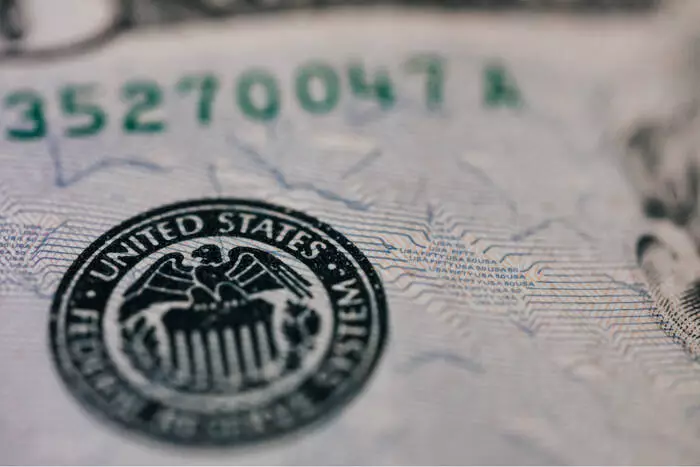Financial literacy is essential in today’s ever-evolving economic landscape. As digital platforms proliferate, it’s important for consumers to recognize that not all information is created equal, particularly when it comes from websites purporting to provide financial news and advice. This article seeks to highlight the significance of individual research, critical thinking, and understanding the inherent risks associated with investments and financial decisions.
The information one encounters on financial websites can be varied and subjective. Some of it is derived from personal analyses, while other insights originate from third-party contributions. Consequently, users must approach this information with a critical eye. Recognizing that content can often be tailored to serve promotional interests is paramount. Users should not presume that what they read is unbiased or comprehensive. The warnings about the potential pitfalls of improper reliance on such information cannot be overstated: decisions derived solely from such platforms can lead to significant financial loss.
Financial concepts—especially those concerning cryptocurrencies and contracts for difference (CFDs)—are frequently complex and multifaceted. The allure of quick riches can lead to ill-informed decisions, where individuals rush into transactions they don’t genuinely understand. It’s crucial to take the time to grasp how these instruments function before any financial commitments are made. There’s no shame in seeking out educational resources or professional advice; in fact, it’s a prudent strategy that can safeguard personal finances.
Ultimately, each individual must steward their financial decisions. Despite enticing advertisements or seemingly accessible information, it is essential not to lose sight of personal responsibility. Any engagement with financial products should be preceded by thorough due diligence. This means analyzing market conditions, reflecting on personal financial needs, and considering both short-term and long-term implications. Relying solely on third-party information without personal evaluation is a recipe for disaster.
To navigate the complexities of the financial world, continuous education is not just beneficial; it is essential. People should take proactive measures to increase their understanding of market mechanics and financial tools. Numerous online resources, courses, and books are available, all designed to enhance financial literacy. Taking the time to educate oneself can demystify the market and empower individuals to make informed decisions.
While the internet is replete with financial information, it is up to the individual to approach it judiciously. The dangers of uncritical consumption of information and the consequences of reckless financial decision-making highlight the necessity of diligence and prudence. By fostering a habit of research and critically engaging with financial content, consumers can not only protect their assets but also enhance their ability to thrive in a dynamic financial environment.

